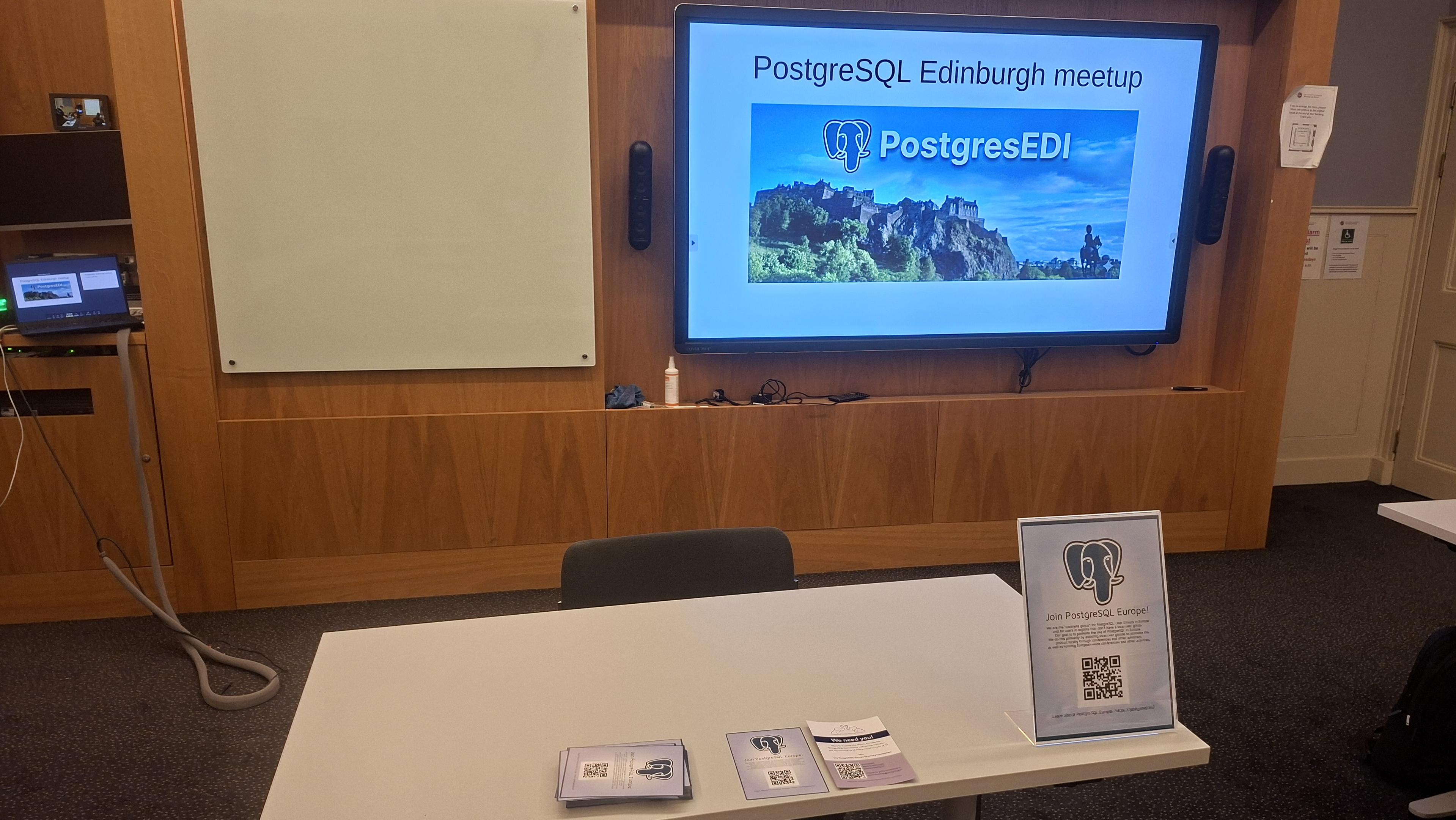Published on 2023-01-20
Why PostgreSQL: In Comparison
Comparing PostgreSQL to other databases

PostgreSQL is a hugely popular Open Source relational database, in this series we're looking at some advantages of PostgreSQL. In this article we'll take a quick look at how it compares with other Open Source databases.
Comparing PostgreSQL
Let's explore some of the key reasons why PostgreSQL is considered to be the best open-source databases.
While PostgreSQL is a powerful and feature-rich database management system, it is not the only option available. Some other popular open-source RDBMS include:
MySQL
MySQL is a widely-used open-source database management system that is known for its ease of use and fast performance of simple queries. Grew significantly in conjunction with PHP based websites. It is suitable for a wide range of applications, typically web applications. Ecosystem has become increasingly fragmented since 2010, with a number of forks.
MariaDB
MariaDB is a fork of MySQL that is maintained by the original developers of MySQL. It includes many of the same features as MySQL, but has diverged significantly from MySQL, focusing on differing features to MySQL. MariaDB is most common MySQL derivative included with most Linux distributions. MariaDB and MySQL are competent databases, but often focus less on data integrity and lack the extensibility of PostgreSQL.
MongoDB
MongoDB is a popular source available NoSQL database management system with a focus on schemaless documents (rather than relational) and multi-node clustering. It is designed to store and manage large amounts of data in a flexible, JSON-like format, and it is suitable for use in a wide range of applications, including web applications and data analysis.
Proprietary
In addition to the open-source RDBMS mentioned above, there are also many proprietary database management systems available, such as Oracle, Microsoft SQL Server, and IBM DB2. These systems often offer a wider range of features and support options, but they also come with higher costs and may not offer the same level of flexibility and customisation as open-source options.
Summing Up
When deciding which database management system is the best fit for your organisation or application, it is important to consider a variety of factors, including the specific needs of your application, the skills and expertise of your team, and your budget.
PostgreSQL is a strong contender in this space, but it is always worth considering a range of options to ensure that you find the best solution for your needs.
When choosing a database management system, it is important to carefully consider your specific needs and requirements. If you need a highly customisable and flexible system that can be tailored to your specific needs, then an open-source option like PostgreSQL may be the best choice.
Next, read about the: many usecases of PostgreSQL .
PS: Don't Forget The Backups
No matter which database management system you choose, it is important to regularly create backups of your data to protect against data loss due to hardware failure, software bugs, or other types of disasters.
There are a variety of different tools and techniques available for creating backups of PostgreSQL databases, including the
pg_dump command-line tool and various more advanced backup solutions.
Be sure to choose a backup strategy that meets the needs of your organisation and ensures that your data is protected.
You can read about some backup options PostgreSQL .





